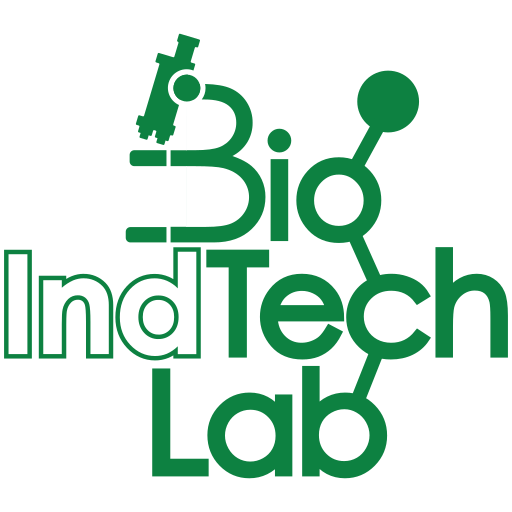Microbial bioprocesses and synthetic biology for fostering circularity in the textile industry – in collaboration with Albini Group
Why
- Textile industry is currently guided by a linear economy paradigm.
- Large amounts of non-renewable resources are used to produce clothes that are worn for a short time. Regretfully, about 73% of the world’s clothing is then incinerated or landfilled, due to scarcity of efficient recycling strategies.
- Current recycling technologies are still inefficient and do not maximize textile waste potential as a resource, going towards downcycling in low value-added applications, instead of upcycling waste to high value products.
- Biochemical valorisation of textile waste is still to be largely explored in its possibilities and opportunities to be scaled-up.
What
The project focuses on the valorisation of pre-consumer textile waste – with a particular attention to cotton – through its upcycling to molecules of interest for both the textile industry itself and other sectors connected by industrial symbiosis.
Attention is given to the scalability of the process and the integration with the existing textile industry supply chain.
How
Cotton textile waste (from Albini Group production plants) was mechanically and chemically pretreated and the hydrolysed to glucose using cellulases.
The chemical pretreatment was carried out using mercerising waste waters, a second residue from the textile industry.
In parallel, yeast cell factories were engineered for the production of the molecules of interest, such as natural colours.
In the end cotton-derived glucose was upcycled to both bulk (i.e. lactic acid) and fine (i.e. natural colours) chemicals through fermentation in a SHF (Separate Hydrolysis and Fermentation) setup.
Who
Researchers involved in the project
This project was carried out in collaboration with Albini Group 🡪 and has received funding from the
TREACT-EU program (Programma Operativo Nazionale Ricerca e Innovazione 2014-2020, CCI 2014IT16M2OP005).
It is now supported by the PNRR project MUSA 🡪
Find out more TeCSBi PhD programme 🡪






